
Walk in the F.O.G.
Recently, I was teaching “The World of Writing for Children” at a Christian writers conference, and during the first…
October 8, 2018
Recently, I was teaching “The World of Writing for Children” at a Christian writers conference, and during the first…
October 8, 2018
Every story needs a villain. Without one, your hero would have no reason to grow or change. But what…
October 7, 2018
(Editor’s Note: Sue Potts is our guest columnist this month, specially asked by Carlton Hughes.) While on vacation in…
October 6, 2018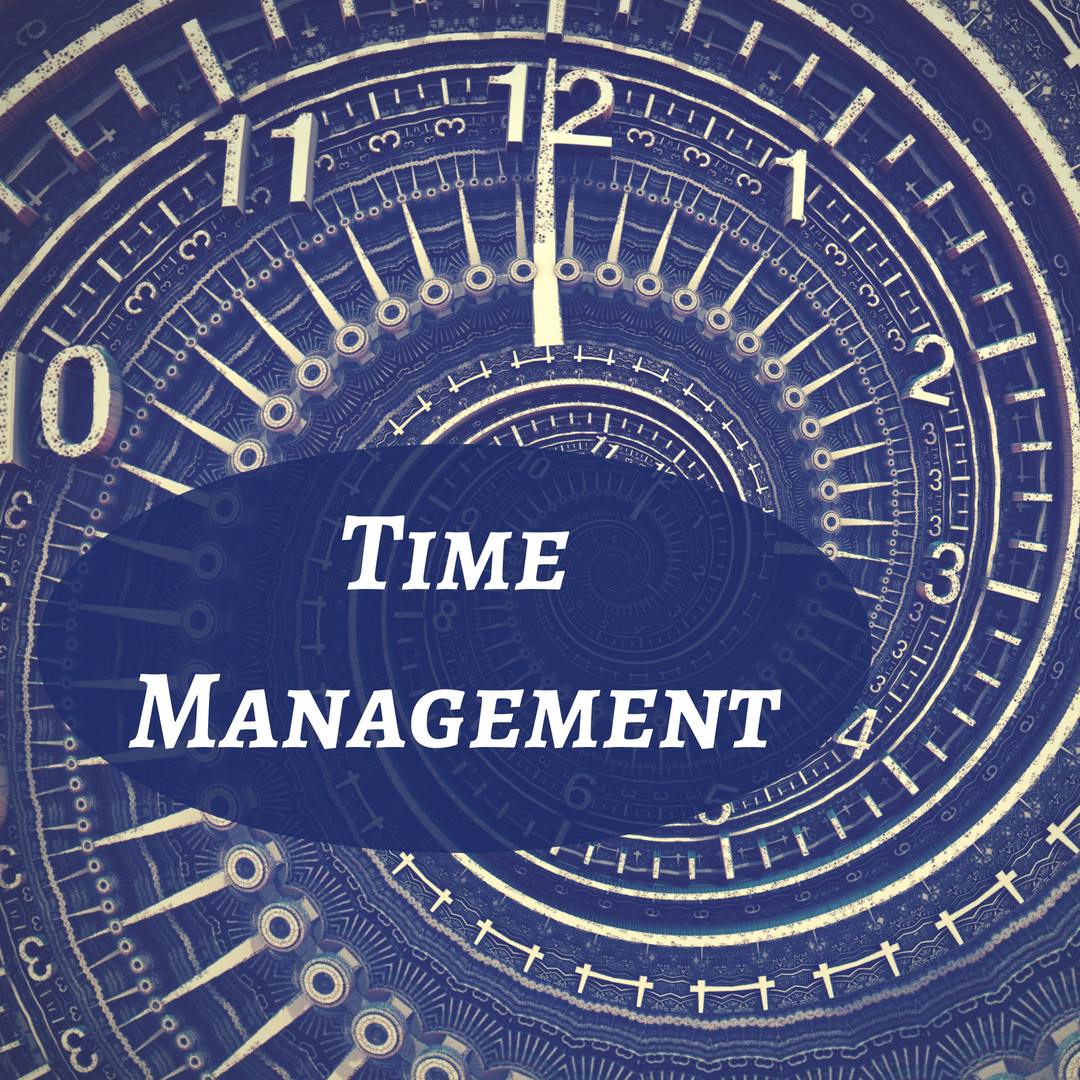
I believe life…or rather, living the life you really want to live…is all about finding a good balance. It’s…
October 5, 2018
One of the most overlooked components of a story, especially in screenwriting, is the story’s setting. Perhaps, it’s because…
October 4, 2018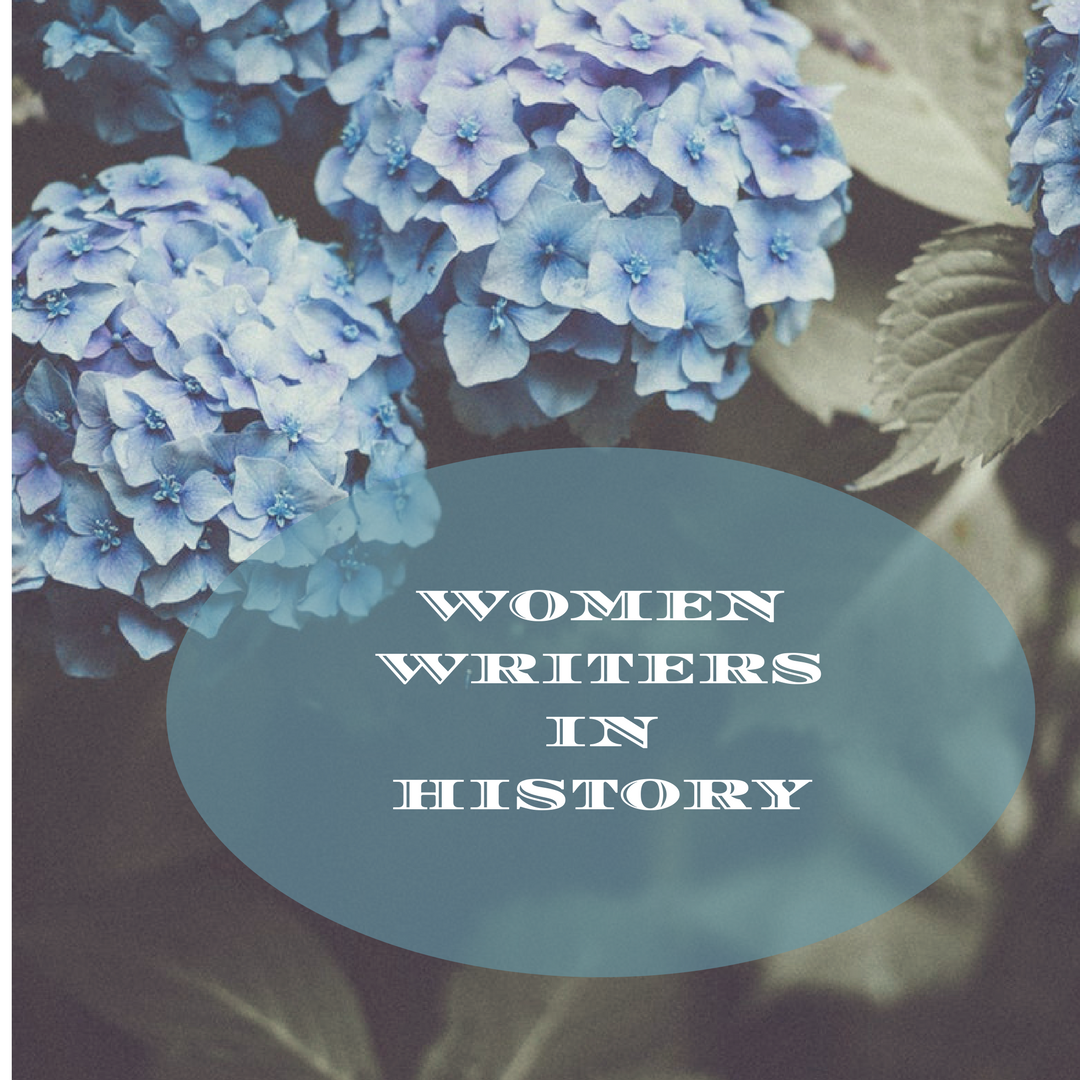
This is the tale of a tail—a tail that belonged to a little red squirrel, and his name was…
October 2, 2018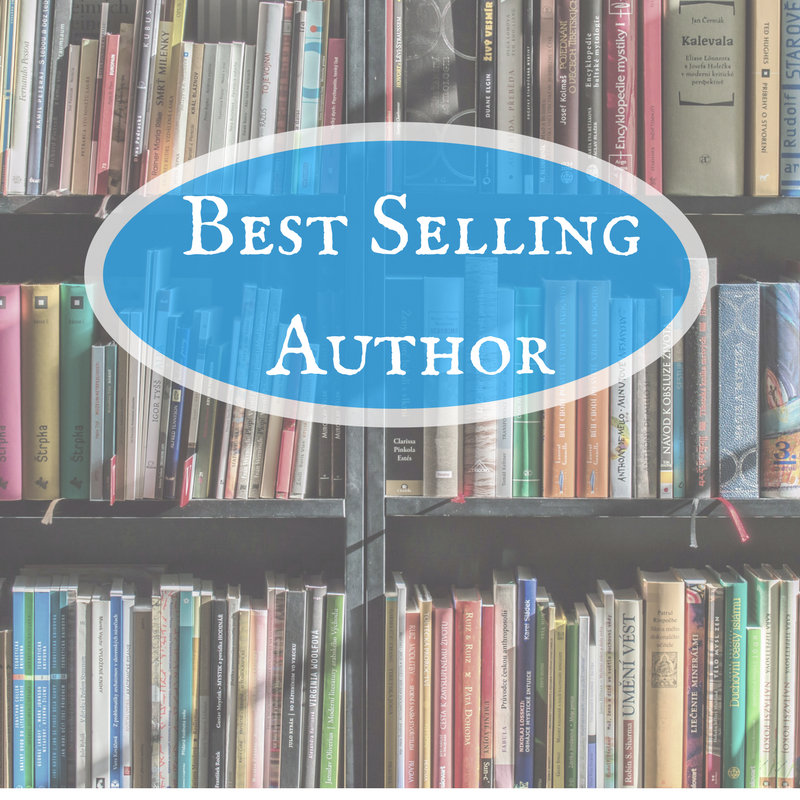
Can you share a little about your recent book? The Story of With is a roadmap for dreaming with…
October 1, 2018
Often, what we intend to say never comes through in what we write. Sometimes our enthusiasm inhibits the thoughts…
September 29, 2018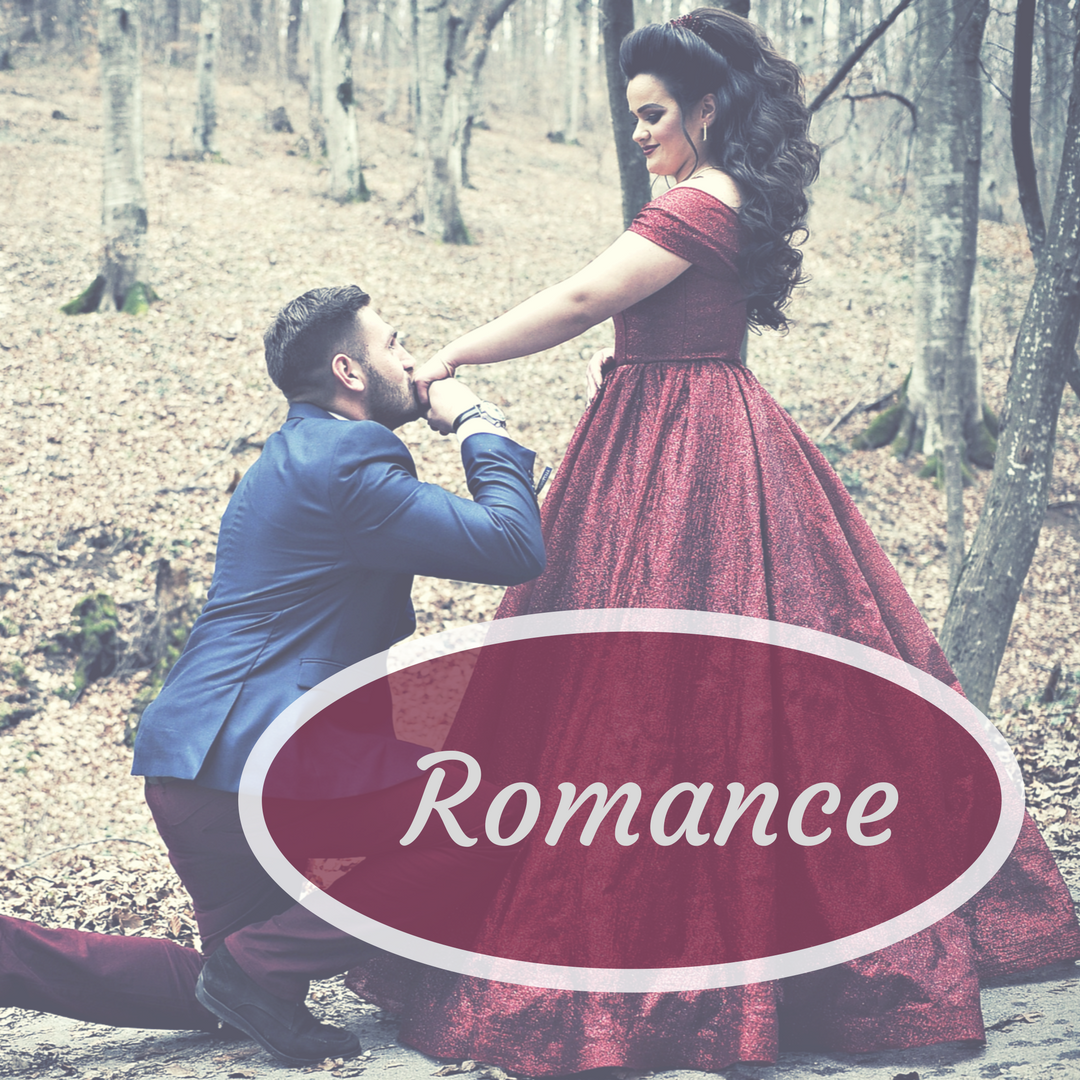
[bctt tweet=”Have you ever wondered what the opposite sex is thinking while you’re thinking? Men, as a rule, think…
September 23, 2018
In last month’s post, I shared about the disturbing trend of imposing modern standards to classic works of literature…
September 2, 2018
Can you share a little about your recent book? The one I’m working on right now is called Flotsam…
September 1, 2018
Contrary to popular belief, the male is the key to any romance. The female is usually the “lead” character.…
August 23, 2018
Can you share a little about your recent book? In January, I released a book titled Jade’s Match, about…
August 1, 2018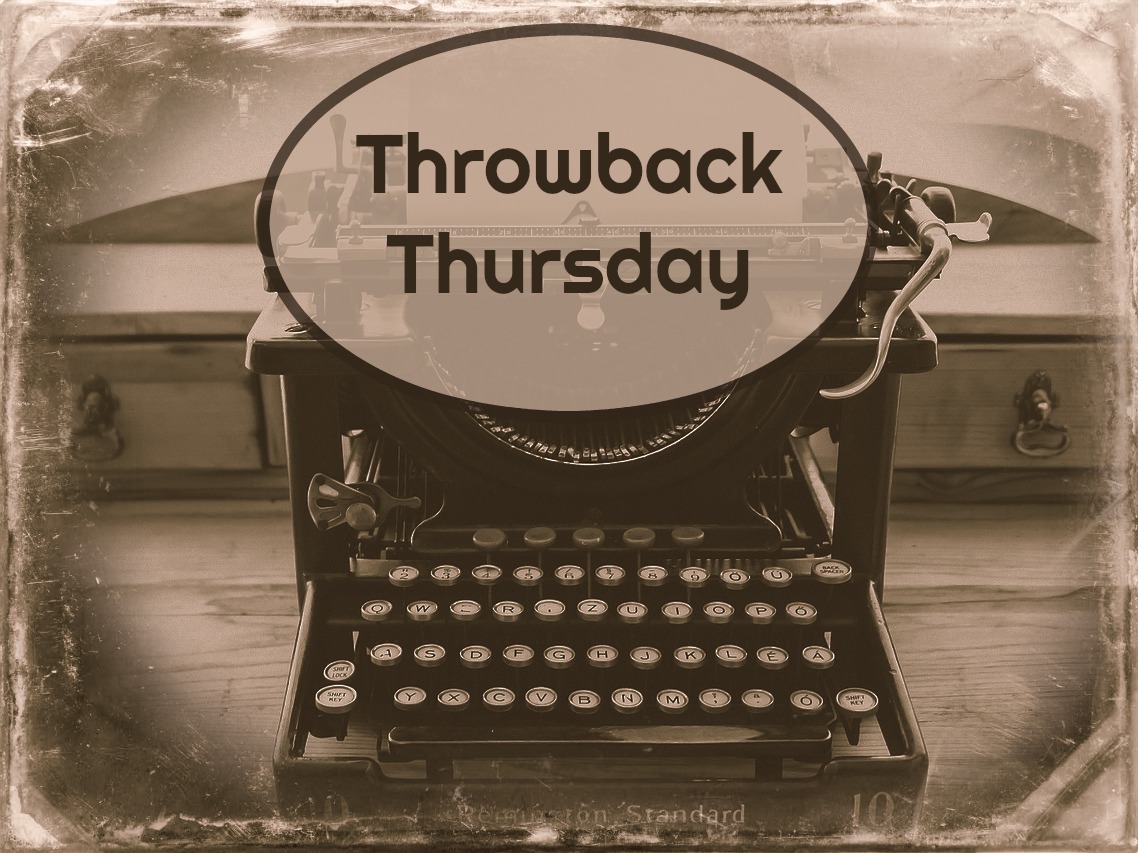
Over the last three years, Almost an Author has had hundreds of comments on different posts. Certain posts generate…
July 26, 2018
Nobody’s perfect, right? True. Neither can your romantic hero – or your heroine, for that matter – be perfect.…
July 23, 2018We’d love to hear your writing journey. Whether you’re at the beginning, in the middle of it, or a…
July 2, 2018Thank you for your interest in submitting a guest post to Almost an Author. We are always looking for…
July 1, 2018https://www.youtube.com/watch?v=e1lf9cubHAk&feature=youtu.be Click on the link to see Cyle Young’s Almost an Author Happy 3rd Birthday video!
July 1, 2018
Can you share a little about your recent book? Called To Protect is the second book in the Blue…
July 1, 2018
Judah is the man for Tovah. To review: Tovah is a rabbi with rejection issues. Judah is an IDF…
June 23, 2018
Can you share a little about your recent book? It’s The Accidental Guardian, and is available. When Trace Riley…
June 1, 2018
We’re crafting both our romantic heroine and our hero. Our heroine is Tovah, a Jewish rabbi who fears rejection…
May 23, 2018
Nobody’s perfect, right? True. Neither can your romantic hero be perfect. Choose a character flaw that will irritate your…
April 23, 2018
So you’ve published a book. You just launched it or you’re about to do so. What’s next? How do…
April 10, 2018
I heard a recent statistic. It takes three to eight years to publish a book. For a writer, especially…
April 8, 2018